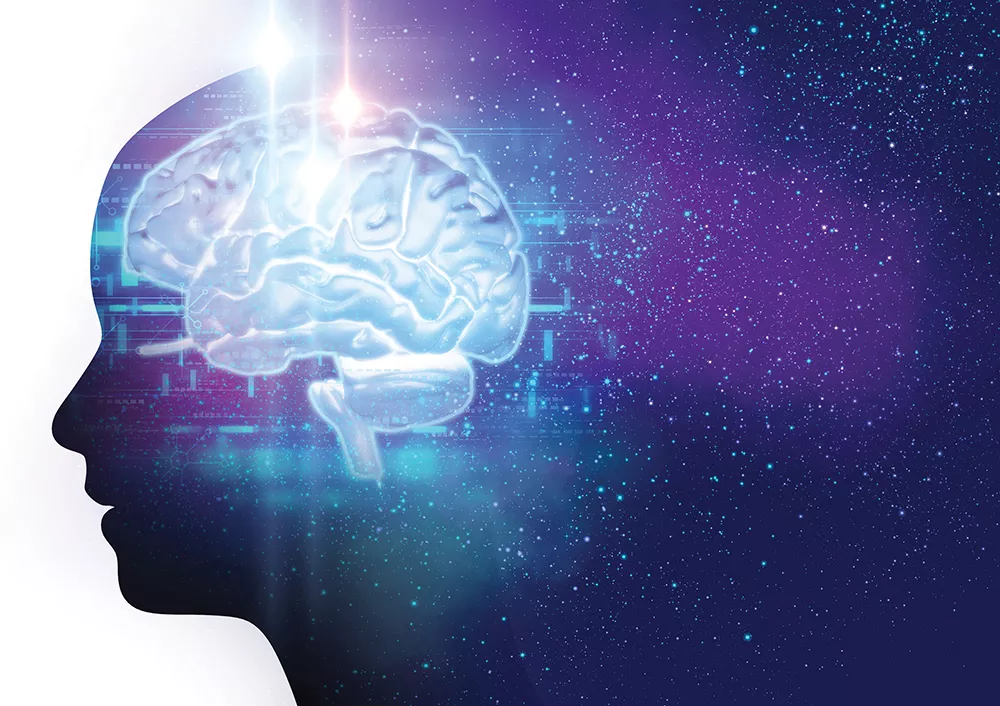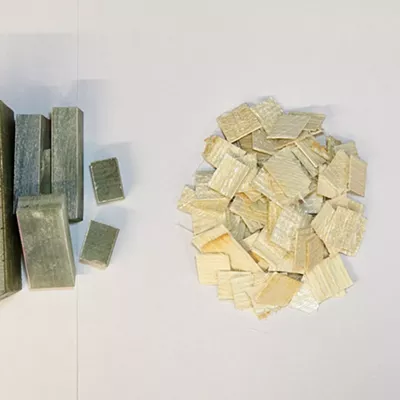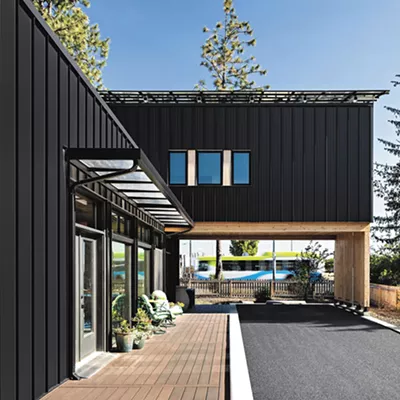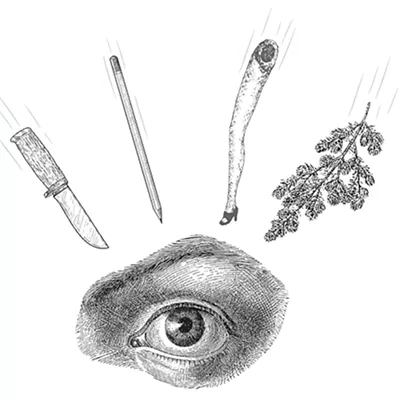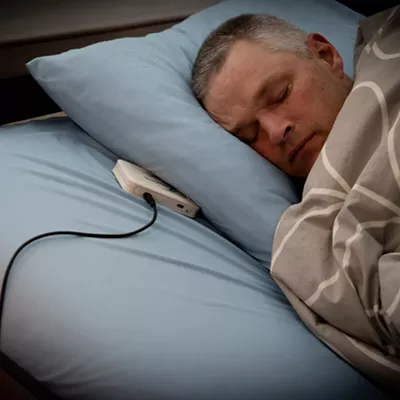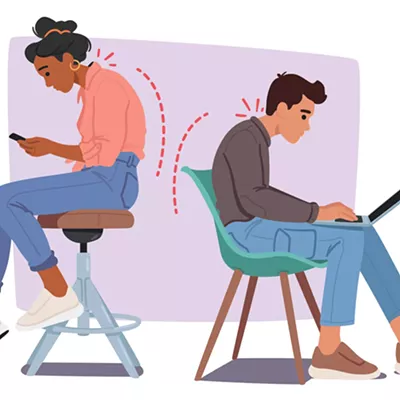It's no secret that Spokane has been experiencing a boom in health care, with two medical schools and numerous labs doing a wide variety of research. What may be surprising is that the region is developing into a hub for research in neuroscience, the study of disorders affecting the brain.
"There are few things as interesting and complicated as the human brain," says Marcos Frank, Ph.D., WSU Elson S. Floyd College of Medicine Biomedical Sciences department professor and chair. "There's really a tremendous amount of work there for scientists to understand just the basic underpinnings of how we think, feel and perceive — and how these can go wrong in with disease."
The incidence of neurodegenerative disease — including amyotrophic lateral sclerosis (ALS), Alzheimer's, Parkinson's, multiple sclerosis (MS) — is expected to rise dramatically as the population ages. These diseases wreak havoc on the brain and can affect motor control, memory and learning. Unfortunately, they often get progressively worse, have few effective treatments and no cures.
Frank believes that Spokane offers a unique opportunity for a foundation of neurological research. "In terms of demographics, Eastern Washington is a lot older than other parts of the country," he points out. "It also has a heavy concentration of veterans. For reasons we don't yet understand, veterans have a higher incidence of these neurodegenerative diseases. So, as a population, we here in Eastern Washington may encounter more people with these diseases than other parts of the state or other parts of the country."
Frank was recently named the interim director overseeing a massive new project — the launch of the Steve Gleason Institute for Neurosciences, in Spokane's University District. Gleason, a Spokane native and well-known WSU and NFL football star who was diagnosed with ALS in 2011, has raised awareness of the disease, in part through his nonprofit, the Team Gleason Foundation, which is dedicated to assisting those coping with the disease with technology and equipment, as well as research into better treatments and ultimately, a cure.

The neurological research at the Gleason Institute will focus on ALS and other "sister" neurodegenerative diseases such as Alzheimer's, MS, Huntington's and Parkinson's. It will include a clinical research and care unit, with emphasis on offering therapies, as well as clinical trials of new treatments; an "Assistive Technology and Smart Home Center" incorporating use of augmented and virtual reality and prosthetic devices, and a "Discovery Research" unit, offering facilities that promote interdisciplinary work among researchers in various fields. The institute is a partnership with Team Gleason, and is supported by community partners, including Avista, Health Sciences & Services Authority of Spokane County (HSSA), Providence Health Care, St. Luke's Rehabilitation Institute, MultiCare, the city of Spokane and the University District.
Jason Aldred, MD, and Steven Pugh, MD, both of Inland Northwest Research, are also working hard to put Spokane on the neurological research map, coordinating not only treatment and care for patients with neurological disorders, but also enrolling patients in large, nationwide clinical treatment trials. The trials underway include research into symptom control, passive vaccines and targeted precision medicine trials that involve the genetics of Parkinson's. Inland Northwest Research is actually the top recruiter in the world for several of these trials.
The needs continue to grow. "Despite the great neurologists in the community, there's still a shortage," Aldred says. "The Baby Boomers of this area are relatively healthy and living longer, but developing these neurological disorders."
That means there's a tremendous amount of opportunity in the region for neurological research. But, he says, "The biggest thing that has made us successful, really, is our patients." Many of the people participating in clinical trials do so not just to benefit themselves but to provide more options for others with these diseases in the future. Actively helping others with the same diseases can be incredibly empowering, he notes.
But participation in a clinical trial also provides a different experience for patients, Pugh says. As volunteers, "They get to see their doctor more in a different light. These visits are usually longer and more in depth. They get the opportunity to get involved with something more than just routine medical care."
HOW DO I VOLUNTEER FOR A CLINICAL TRIAL
A clinical trial is a scientific investigation of an experimental new treatment. Patients can take part in these trials by referral from their doctors. However, physicians have a lot to worry about in their day-to-day work and may not be aware of all the clinical trials going on in our area. If you are struggling with a disorder and may be interested in furthering medical research on it, ask your doctor specifically to look up all the clinical trials in the area and see if there is one that might be a good fit for you. You can also do your own research at clinicaltrials.gov.
It's important to know that clinical trials are often "placebo-controlled," meaning some volunteers will receive treatment, while others will receive a placebo. Whenever possible, most trials are also "double-blinded," meaning that both you and your doctor won't know what treatment you are receiving until the trial is over.
Understanding study design is important as a volunteer, because although you're receiving the same personal attention and care, there is no guarantee that the treatment you are receiving is not the placebo. Moreover, even if you are assigned to receive the experimental treatment, there is no guarantee that it will have any effect on the progression of your disease. But don't be discouraged. Volunteers in these trials have the unique opportunity to make an impact on the future of their disease. "Even with 'negative' studies," when the experimental treatment doesn't help the disease, "if they're well done, we can learn a whole lot," Aldred says.

